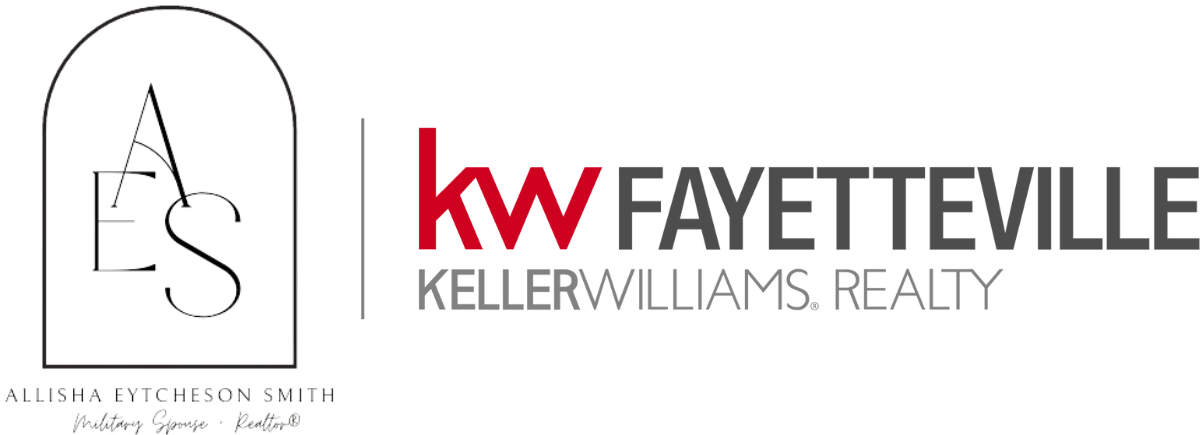Published September 2, 2025
Due Diligence, Due Diligence Period, Doing Your Due Diligence

In my intro post I made a statement that reads, “You can actually be correct and wrong at the
same time and for most, that is frightening.” This statement is the theme of my post today. Due
diligence, due diligence period, doing your due diligence. They all have the same words and yet
they all mean something different in a North Carolina real estate transaction.
First off let’s start by saying Earnest Money is NOT Due Diligence. Say it with me now, earnest
money is NOT due diligence. Do you believe me yet? An earnest money deposit is not a due
diligence deposit in a North Carolina real estate transaction. What is earnest money? “Earnest
money is a deposit made by the home buyer to the seller, showing a commitment to purchase
the property. This deposit is not made until the seller accepts the buyer’s offer on the property.
The earnest money is often held in a third-party escrow account until the transaction closes.
Although commonly used in real estate, earnest money is optional. But some sellers may not
even entertain an offer on the home if the buyer doesn’t include earnest money, Gassett says.”
(NAR 11.2024)
Additionally, earnest money has an opportunity for redemption during the, wait for it, due
diligence period should the buyer choose to terminate. How that gets received and all the steps
and possible outcomes for that process will be addressed in a different post.
From my experience, I have had some buyers believe earnest money and due diligence were
the same because of the terms being used interchangeably in a previous transaction in another
state. However, in North Carolina (altogether now) due diligence deposits and earnest
money deposits are NOT the same! Now let's get to the nitty gritty: what is the difference
between the due diligence period, doing your due diligence and the due diligence deposit? Put
on your swim cap because we are diving in.
The due diligence period in a North Carolina Offer to Purchase contract “...begins with the
effective date of the contract. Paragraph (f) pg1 on the NC 2T-OTP, will state the period’s
agreed upon ending date. Buyers should be certain to negotiate enough time to fully complete
their inquiries – especially as related to appraisal and loan approval and any repairs discovered
during the property inspections.” (NCREC bulletin) To put it in more understandable terms, this
is a period of time, agreed to by the buyer and seller, to conduct inspections, appraisal, survey,
negotiate repairs etc. This time period is presented and agreed upon during the offer process
and it is during this due diligence period that you could terminate and have the possibility to
receive your earnest money back. Some states call this the inspection objection period, option
period, inspection contingency period, and the list goes on. Now there are other stipulations
surrounding retrieval of earnest money from a terminated contract but again, this is not the
article to dive into that.
Doing your due diligence according to Merriam Webster means- the care that a reasonable
person exercises to avoid harm to other persons or their property.”
Due diligence deposit. I know you waited and read through the entire article to get to this one
paragraph. This is the one that throws people off. It has thrown buyers off, other agents, even
lenders in my experience who may be licensed in North Carolina but are not well versed. This is
why it is important to talk to your agent about lenders they have had positive experiences with
because let me tell you, all lenders are not the same. But that's a whole other post. “The fee, if
any, is negotiated and paid by the buyer to the seller for the right to conduct ‘due diligence’. The
amount of the fee may be influenced by such matters as the market for the property, number of
days on the market, personal circumstances of the buyer and seller and the length of the ‘due
diligence’ period.” (NCREC bulletin) This fee is NON REFUNDABLE unless otherwise
negotiated and is paid directly to the seller unless otherwise stated. This makes putting offers in
on homes in North Carolina a serious matter because it is. And yes you do have to submit that
deposit before any inspections if it is in the agreed upon offer. And no, you typically won’t get it
back if the contract terminates and the seller isn’t in breach. And yes, in my experience in our
Fort Bragg surrounding areas, most sellers want to see this deposit offered. This is what makes
understanding this fee so important. We don’t willy nilly in NC. Your lender also needs to
understand this because they have to be very sure you are qualified for this home or now you’ve
put this money on the line and are at a risk of surrendering it if the loan cannot be processed.
Here’s the bottom line, having an agent who understands this and all the nuances of the home
buying and selling process is crucial. We do not just open doors. I hope you leave this article
more educated and empowered during the purchase and selling process in North Carolina
because education is The Smith Standard. Now I must...
Sashay away,
Allisha
References
https://www.nar.realtor/magazine/real-estate-news/sales-marketing/earnest-mone
y-in-real-estate-refunds-returns-and-regulations
https://bulletins.ncrec.gov/due-diligence-questions-and-answers/
https://www.merriam-webster.com/dictionary/due%20diligence





